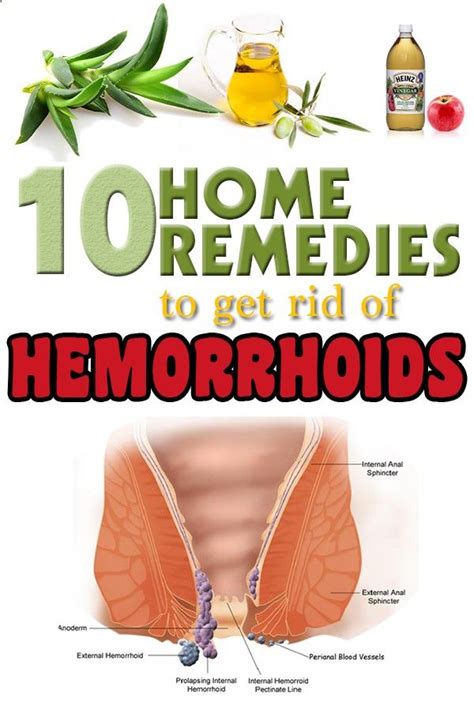How to Get Rid of Hemorrhoids: A Comprehensive Guide
Hemorrhoids, also known as piles, are swollen veins in the anus and rectum that can cause discomfort, pain, and bleeding. While many experience them at some point in their lives, understanding how to effectively manage and potentially eliminate them is crucial. This comprehensive guide explores various methods to get rid of hemorrhoids, from home remedies to medical interventions. Remember, always consult your doctor before starting any new treatment plan, especially if your symptoms are severe or persistent.
Understanding Hemorrhoid Types and Symptoms
Before diving into treatment, it's vital to understand the different types of hemorrhoids and their associated symptoms. Hemorrhoids are classified as either internal (inside the rectum) or external (under the skin around the anus).
Symptoms can include:
- Pain: Often described as burning, itching, or throbbing.
- Bleeding: Bright red blood during bowel movements.
- Itching: Intense itching around the anus.
- Swelling: A noticeable lump or bulge near the anus (external hemorrhoids).
- Prolapse: Internal hemorrhoids that protrude from the anus.
Home Remedies for Hemorrhoid Relief
Many home remedies can provide relief from mild hemorrhoid symptoms. These methods focus on easing discomfort and promoting healing. However, they are not a cure for hemorrhoids and may not be effective for all individuals.
Lifestyle Changes:
- High-fiber diet: Constipation is a major contributor to hemorrhoids. A diet rich in fiber helps soften stools, making bowel movements easier and less straining. Increase your intake of fruits, vegetables, and whole grains.
- Increased fluid intake: Drinking plenty of water helps keep stools soft and prevents constipation.
- Regular exercise: Physical activity promotes healthy bowel movements and overall well-being.
- Avoid straining during bowel movements: Take your time and avoid pushing too hard.
Topical Treatments:
- Witch hazel: This natural astringent can help reduce swelling and inflammation.
- Aloe vera: Known for its soothing properties, aloe vera gel can provide relief from itching and pain. Apply directly to the affected area.
- Cold compresses: Applying a cold compress to the affected area can help reduce swelling and pain.
Medical Treatments for Hemorrhoids
If home remedies fail to provide relief, or if your symptoms are severe, medical intervention may be necessary. Several options are available:
Over-the-Counter Medications:
- Creams and ointments: Many over-the-counter creams and ointments contain hydrocortisone to reduce inflammation and pain.
- Suppositories: These are inserted into the rectum to provide localized relief.
Medical Procedures:
- Rubber band ligation: A small rubber band is placed around the base of the hemorrhoid to cut off its blood supply.
- Sclerotherapy: A solution is injected into the hemorrhoid to shrink it.
- Hemorrhoidectomy: Surgical removal of the hemorrhoid. This is typically reserved for severe cases.
- Coagulation: Using heat or infrared light to destroy the hemorrhoid tissue.
When to See a Doctor
You should consult a doctor if:
- You experience severe pain or bleeding.
- Your symptoms don't improve after a week of home remedies.
- You notice a significant change in your bowel habits.
- You develop anemia due to blood loss.
Preventing Hemorrhoids
Preventing hemorrhoids involves adopting a healthy lifestyle:
- Maintain a high-fiber diet.
- Drink plenty of fluids.
- Exercise regularly.
- Avoid prolonged sitting or standing.
- Don't strain during bowel movements.
This guide provides a comprehensive overview of hemorrhoid treatment and prevention. Remember, the best approach depends on the severity of your symptoms and individual circumstances. Always consult your healthcare provider for personalized advice and treatment recommendations. They can accurately diagnose your condition and suggest the most appropriate course of action.
